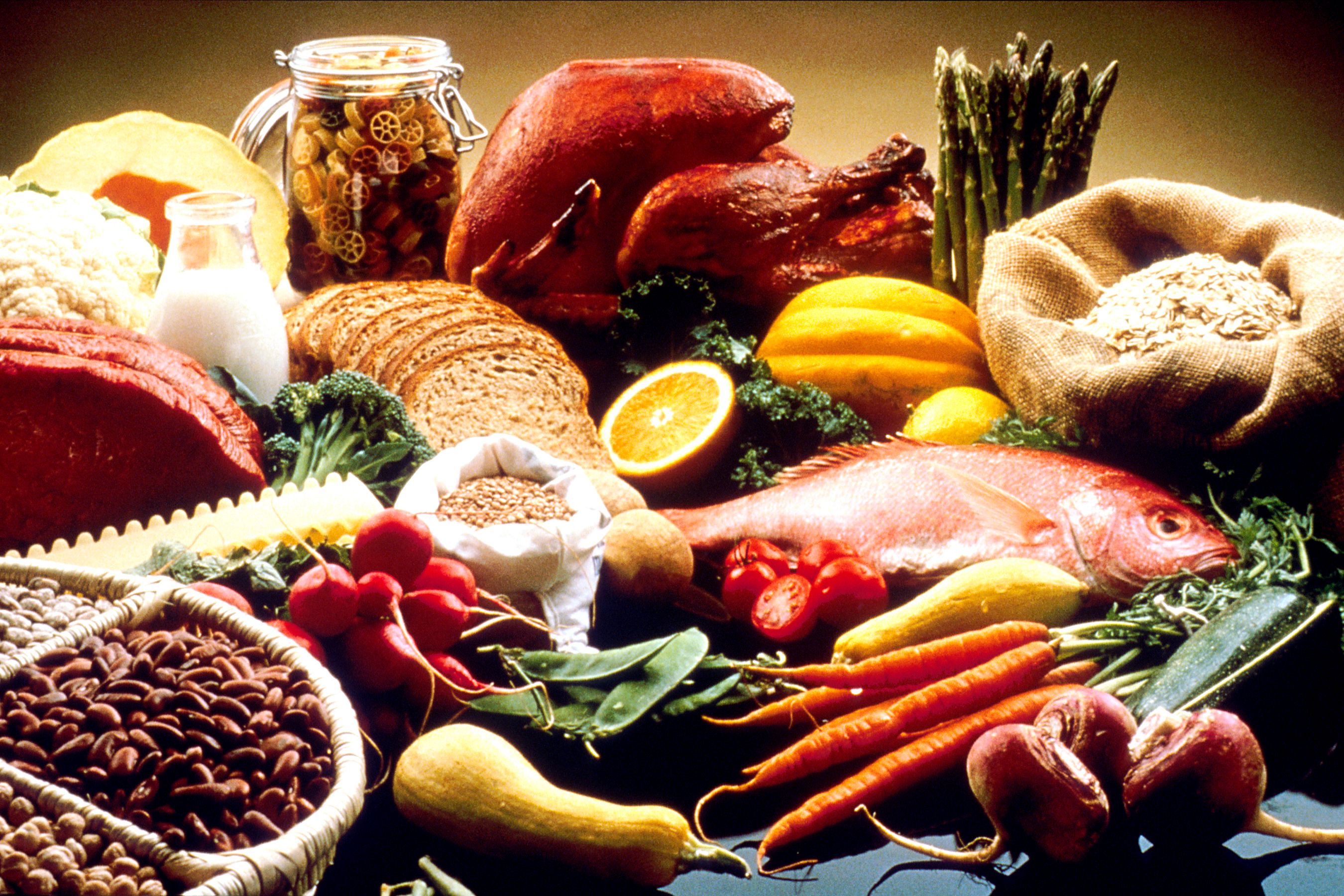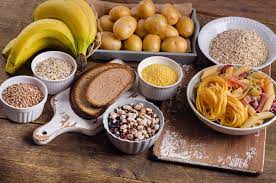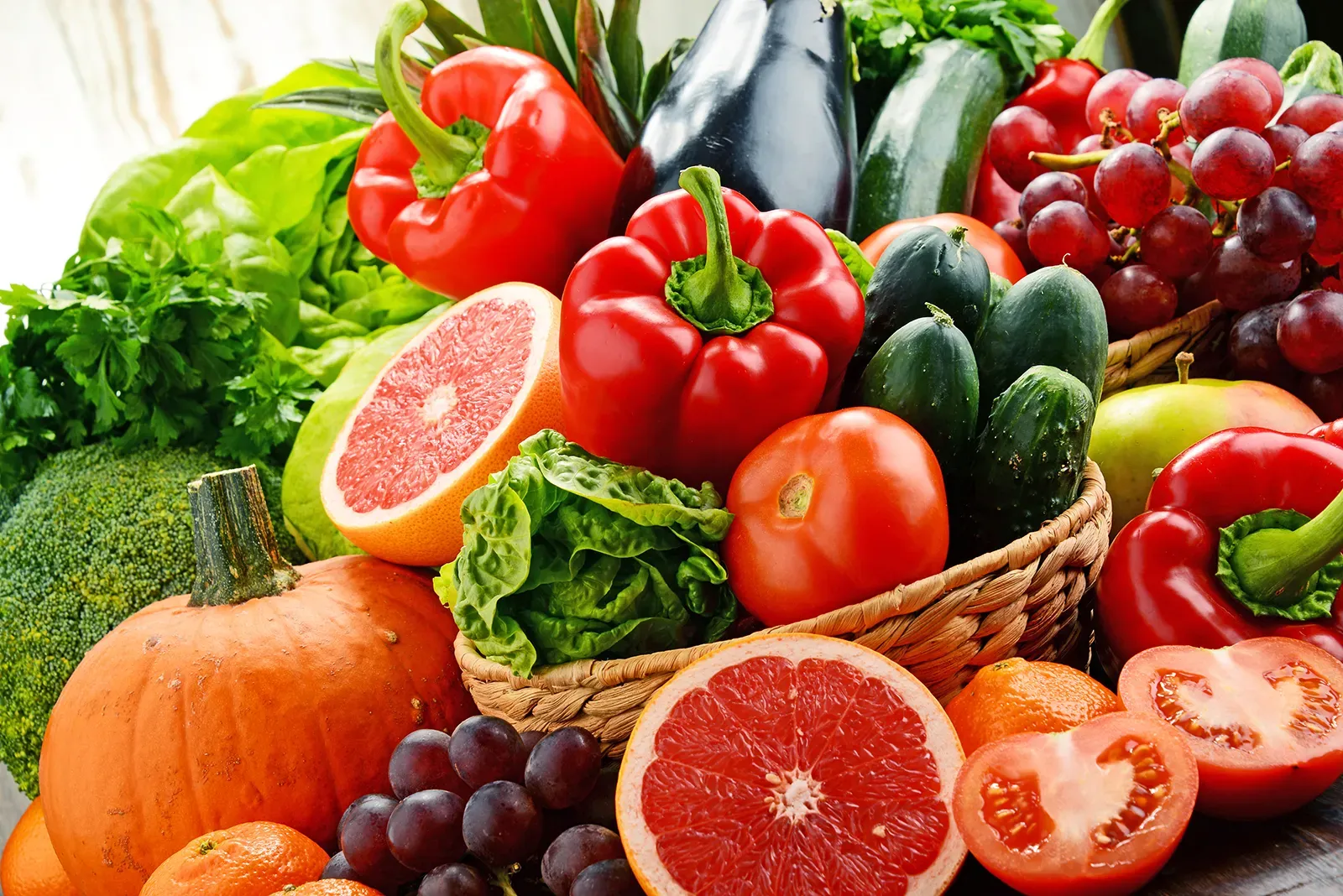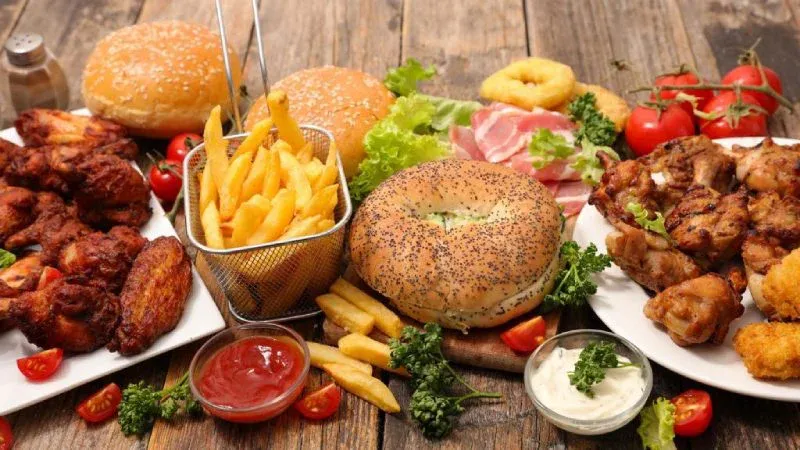
Introduction
For gym-goers, exercise is not enough to achieve their fitness goals. A well-balanced nutritional menu is crucial for optimal performance and achieving the desired results. This article will provide an overview of the key nutrients that should be included in a gym-goer's diet.
Table of Contents
I. Protein - the building blocks of muscles II. Carbohydrates - a vital source of energy III. Healthy Fats - essential for overall health IV. Vitamins and Minerals - key for a healthy immune system V. Fiber - aids digestion and weight management VI. Foods to Avoid - unhealthy fats and sugars

I. Protein - the building blocks of muscles
Protein is essential for building and repairing muscles. Consuming enough protein can also help prevent muscle breakdown during exercise. Good sources of protein include lean meat, poultry, fish, eggs, and plant-based options like beans, lentils, and tofu. Aim for 1.2-1.6 grams of protein per kilogram of body weight per day.
II. Carbohydrates - a vital source of energy

Carbohydrates provide the body with energy needed for exercise. Choose complex carbohydrates like whole grains, fruits, vegetables, and legumes for a sustained release of energy. Avoid simple carbohydrates found in processed foods, sweets, and sugary drinks, which can cause blood sugar spikes and crashes.
III. Healthy Fats - essential for overall health
Fats are important for hormone production and nutrient absorption, and can also provide sustained energy. Good sources of healthy fats include nuts, seeds, avocado, fatty fish, and plant-based oils like olive oil. Limit saturated and trans fats found in fried foods, pastries, and processed snacks.
IV. Vitamins and Minerals - key for a healthy immune system

Vitamins and minerals are essential for maintaining a healthy immune system, which is important for optimal performance during workouts. Good sources of vitamins and minerals include fruits, vegetables, whole grains, and dairy products. If you are not able to consume enough through your diet, consider taking a multivitamin or mineral supplement.
V. Fiber - aids digestion and weight management
Fiber is important for digestion and can aid in weight management by promoting feelings of fullness. Good sources of fiber include whole grains, fruits, vegetables, nuts, and seeds. Aim for at least 25 grams of fiber per day.
VI. Foods to Avoid - unhealthy fats and sugars

Avoid foods high in unhealthy fats like red meat, fried foods, processed snacks, and sugary drinks. Instead, opt for lean proteins, healthy fats, and complex carbohydrates.
Conclusion
A well-balanced nutritional menu is essential for gym-goers looking to achieve optimal results. Consuming adequate amounts of protein, carbohydrates, healthy fats, vitamins and minerals, and fiber can help improve performance and overall health. Avoiding foods high in unhealthy fats and sugars is also important for maintaining a healthy weight and reducing the risk of chronic diseases.
References
- American Council on Exercise. (2021). The Importance of Proper Nutrition for Gym Success. https://www.acefitness.org/education-and-resources/professional/expert-articles/7167/the-importance-of-proper-nutrition-for-gym-success/
- Harvard Health Publishing. (2021). The best foods for working out. https://www.health.harvard.edu/blog/the-best-foods-for-working-out-2019012515813
- National Institutes of Health. (2020). Dietary Supplements for Exercise and Athletic Performance. https://ods.od.nih.gov/factsheets/ExerciseAndAthleticPerformance-HealthProfessional/
